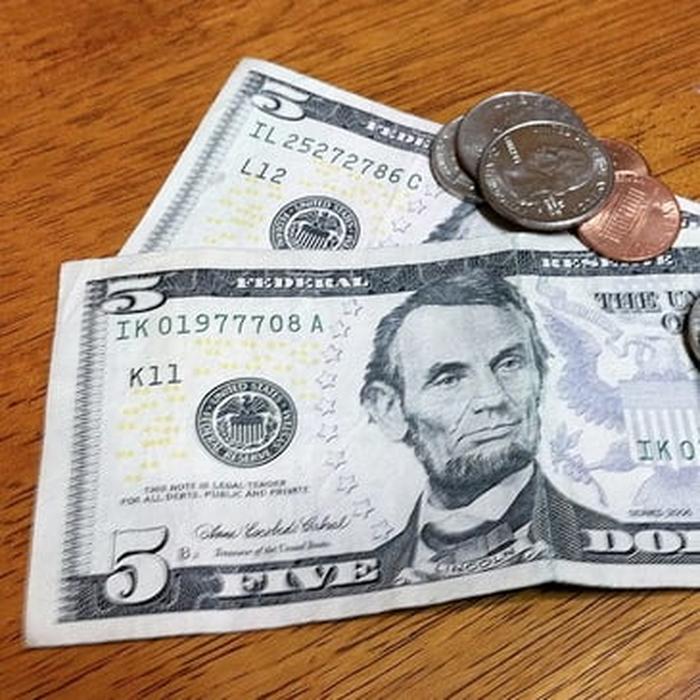
It’s the reason you’re sitting at home on a Friday night. It explains why your past few meals have (exclusively) featured processed carbohydrates. It also explains the pants you snagged off the sale rack—the ones that were almost your size.
No, I’m not talking about a derailed diet plan. I’m talking about the dreaded b-word: budget. For most people still in school or in the early stages of their careers, figuring out how to live on a budget can be a hard lesson to learn. I was lucky enough to grow up in a financially comfortable household—but that made the adjustment even more shocking when after college I moved to one of the most expensive cities in the world to start a career in a generally low-paying field.
It took a few “low account balance” warnings before I came to admit that I needed to find a way to track my spending—and curtail it in as many ways as I could—while still enjoying my life. If you’re going through the same budgetary blow that I did, here are a few tips for how to deal.
1. Checks and Balances
One of the best lessons I’ve learned is to balance my life the same way I might balance a checkbook. At the beginning of each month, decide where you want to (carefully!) splurge, and then decide where you will choose to cut back to balance out these treats. If you’re going to a fancy dinner for a friend’s birthday, eat in as much as possible the week before. If you want to buy a new dress for an upcoming party or wedding, make that this month’s one big-ticket purchase. And if you’ve done a great job all month and stayed under-budget, keep your spirits up by treating yourself to something small that you usually forego, like a manicure.
2. The Little Things
As cliché as it sounds, the little things really do add up. An avid coffee drinker who has a love/hate relationship with coffee makers and a love/love relationship with almost every café in Manhattan, I end up shelling out at least $2 every day on coffee. This doesn’t seem like a lot when I’m enjoying my latte, but when I calculate my coffee budget each month, it’s (almost) enough to make me dump out my cup. Similarly, the nail polish you impulsively grab at the drug store, the gum you spot at the register, and the cheap pair of neon sunglasses you see at the gas station might not seem like they’re majorly damaging your budget, but keep in mind: Over time, those small indulgences can have an even greater effect than major purchases.
3. A Method to the Madness
Just as with a diet, one of the things that can most quickly derail a budget plan is the feeling that you’ve lost all control over the situation. Once you make one mistake, you might want to forget the entire thing. Unlike some diets, however, a damaged budget can quickly be fixed. If you realize the pair of jeans you just bought on a whim are exactly the same as the pair in your closet you’ve only worn once (embarrassing confession: I’ve done this), there’s good news: Your mistake is returnable.
To prevent impulse purchases and “I can’t believe I did that” moments, it’s best to be honest with yourself about your spending habits. Try a digital budget helper, such as Mint.com, which tracks your purchases so you can see the areas (transportation, groceries, coffee!) in which you’re blowing most of your hard-earned money.
4. Set a Goal
Setting a goal for yourself when it comes to spending—even if it’s as simple as just getting through the month—can help you realize that you are not the hopeless victim of a low paycheck or a high cost of living. You may not be able to save enough to fly to the Bahamas, but that’s OK: You probably have enough to go out for a piña colada (or make one in your blender at home). When it comes to your finances, small victories can feel like big accomplishments—but you’ve got to set those goals in the first place before you can go meet them.